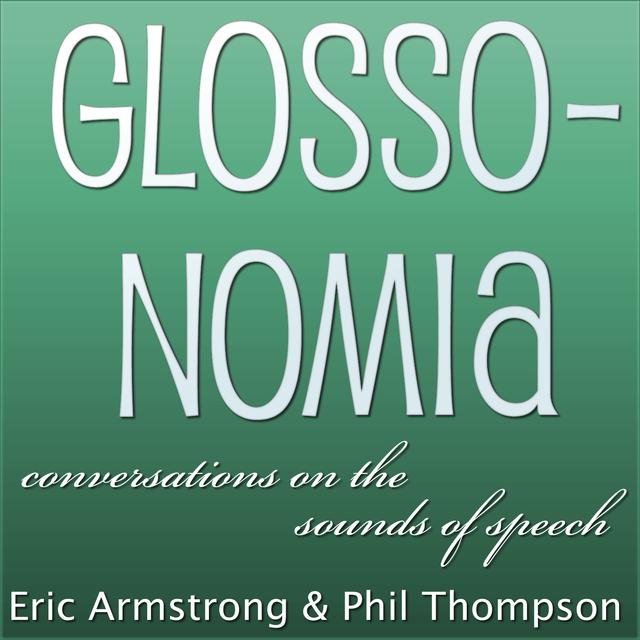
Episode 21: lot, cloth, (thought)
May 01, 2011•35 min
Episode description
Hosts Eric Armstrong and Phil Thompson focus on lot-cloth mergers in this unusually short episode. [Recorded in March but not published until May, this (hopefully) marks the end of a long hiaitus!] Often we have either lot-cloth separate from thought, or we have cloth-thought separate from lot. Phil outlines some history of back vowels, and the spelling (usually with A’s and O’s).
Short /o/—in spelling, lot words like “clock, chop, hot” the vowel is short and checked by the short voiceless stop. Meanwhile, cloth words like “cough, cross, coffee” and “gone,” the vowel is also short and the following consonant is a voiceless fricative.
From The Atlas of North American English
/o/ “short-o”, [aka ɒ] derived primarily from M.E. open o or ɔ in cot, rot, odd, Tom, hotter, etc. In most British dialects, this is the short back rounded vowel realized on a non-peripheral track (see below). In most North American dialects, it was unrounded and lowered to [ɑ] by the nineteenth century (Barton 1832). It was then merged with the small sub-class of words with /a/ after initial /w/ (watch, wander, warrant) and generally with the /ah/ class (balm = bomb, see below). In Eastern New England, Pittsburgh and some Canadian communities, /o/ remained as a rounded vowel, and merged with /oh/ [aka ɔ]. /o/ does not remain in its original back rounded position as a separate phoneme in any North American dialect.
In those dialects that retained the opposition between /o/ and /oh/, a large
number of /o/ words shifted to the /oh/ class, before back nasals, as in strong,
song, long, wrong, etc.; before voiceless fricatives (in loss, cloth, off, etc.), and irregularly before /g/, as in log, hog, dog, fog, etc. This process occurred by lexical diffusion, leaving many less common words in the /o/ class, such as King Kong, Goth, doff, etc.
Peculiarities of lot - cloth mergers in New York City and Boston.
In Boston, lot - cloth vowels are supposedly merged, while in NYC, cloth-thought are merged. However, Phil isn’t necessarily convinced!
Short /o/—in spelling, lot words like “clock, chop, hot” the vowel is short and checked by the short voiceless stop. Meanwhile, cloth words like “cough, cross, coffee” and “gone,” the vowel is also short and the following consonant is a voiceless fricative.
From The Atlas of North American English
/o/ “short-o”, [aka ɒ] derived primarily from M.E. open o or ɔ in cot, rot, odd, Tom, hotter, etc. In most British dialects, this is the short back rounded vowel realized on a non-peripheral track (see below). In most North American dialects, it was unrounded and lowered to [ɑ] by the nineteenth century (Barton 1832). It was then merged with the small sub-class of words with /a/ after initial /w/ (watch, wander, warrant) and generally with the /ah/ class (balm = bomb, see below). In Eastern New England, Pittsburgh and some Canadian communities, /o/ remained as a rounded vowel, and merged with /oh/ [aka ɔ]. /o/ does not remain in its original back rounded position as a separate phoneme in any North American dialect.
In those dialects that retained the opposition between /o/ and /oh/, a large
number of /o/ words shifted to the /oh/ class, before back nasals, as in strong,
song, long, wrong, etc.; before voiceless fricatives (in loss, cloth, off, etc.), and irregularly before /g/, as in log, hog, dog, fog, etc. This process occurred by lexical diffusion, leaving many less common words in the /o/ class, such as King Kong, Goth, doff, etc.
Peculiarities of lot - cloth mergers in New York City and Boston.
In Boston, lot - cloth vowels are supposedly merged, while in NYC, cloth-thought are merged. However, Phil isn’t necessarily convinced!
For the best experience, listen in Metacast app for iOS or Android
Open in Metacast